Last year, I posted a list of books I recommended. In keeping with that tradition, hopefully to be continued in the following years, I will list the best books I read in 2020. The list is longer this time because my 2020 reading target is 25 books. Without further ado, let me begin listing down the top 10 books I read for 2020.
10. The Sovereignty of God, A. W. Pink

When I was starting to make my way into Calvinism, I easily believed the T, U, I, P of the famous (infamous?) TULIP.1 Well, at least from the definition. Of course I did not think of the implications at once. But as R. C. Sproul said, Limited Atonement is the real test of Calvinism. It teaches that when Christ died, he redeemed only his elect. That is, he died for the church only. It is a harsh doctrine and even counter-intuitive to today’s teaching. But The Sovereignty of God convinced me of Limited Atonement on a theological level and it solidified my conviction of the other four doctrines of grace. As A. W. Pink himself came out of a different theological bent, I recommend it to people like me who wants to learn more of Reformed theology.
9. The Bondage of the Will, Martin Luther
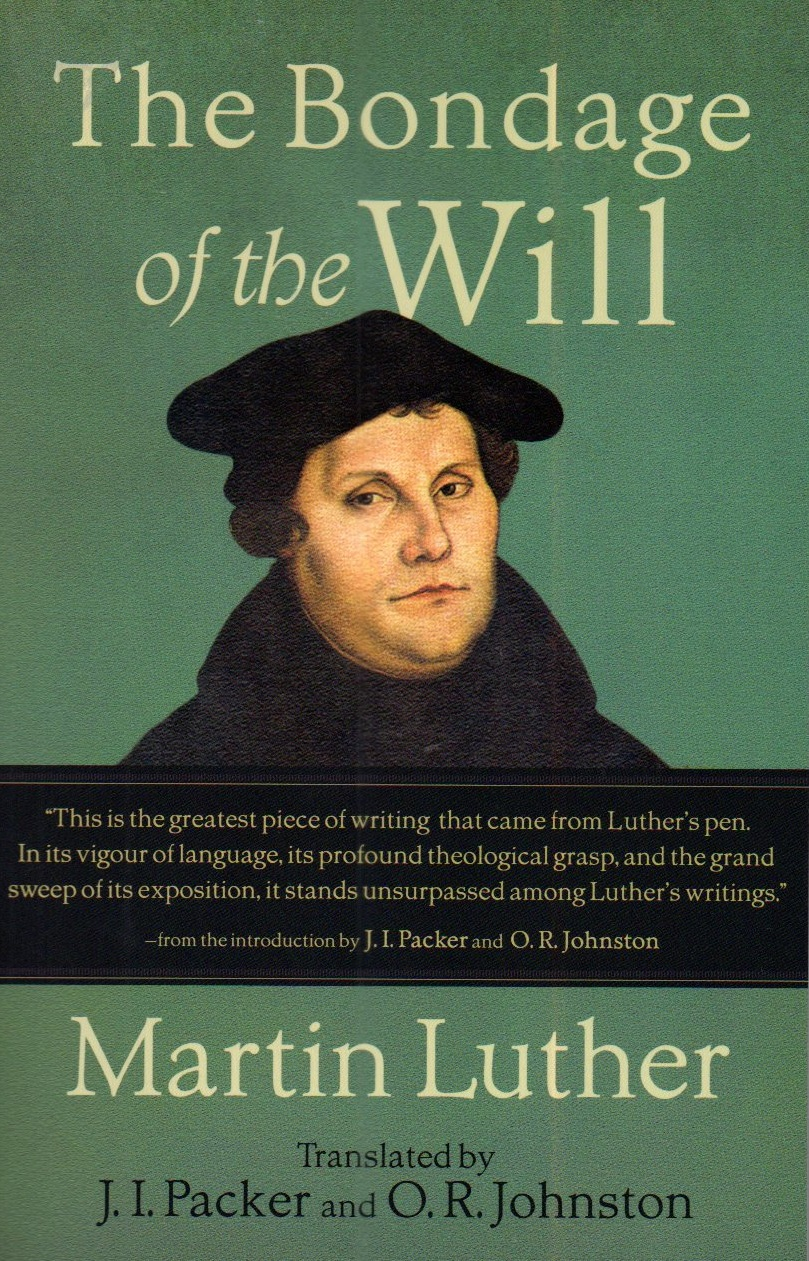
C. S. Lewis, in his introduction of Athanasius’ book, convinced me of reading old books, and this book is my first attempt in doing so. The argument is that the student is better off reading straight from an old author rather than a modern author’s interpretation of an old one, because the student is not yet well-discerning of the modern author’s biases. That’s why it is better to go straight from the source. I’m glad I heeded his advice in this book. The Bondage of the Will is a polemic treatise about Total Depravity where Martin Luther interacts with the humanist scholar Desiderius Erasmus.2 It also covers in the process the subject of ‘free will’ in a perspective to which I think would surprise the average evangelical. It is not easy to read, so I would recommend this book to those who have been studying Reformed Theology for a while already. It also includes a historical and theological introduction by its translators including J. I. Packer, who himself is a masterful theologian in his own right.
8. Ashamed of the Gospel: When the Church Becomes Like the World, John MacArthur
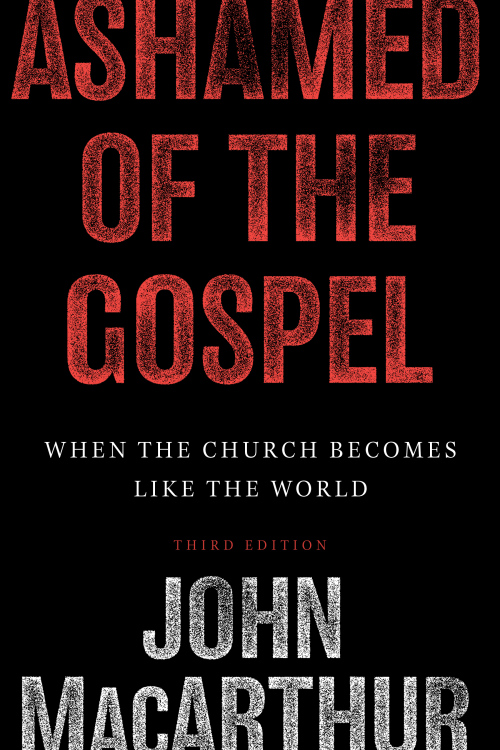
Ashamed of the Gospel is not for the faint of heart. Even though it was originally published in 1993, I feel like it’s becoming more relevant (pun intended) more than ever. There was a time when church worship was simple. Hymns were sung; scriptures were read; preaching was centered on Bible exposition. Today, the modern church ‘packages’ their preaching based on culture fad. Church worship feels like entertainment shows. Messages are motivational, rather than convicting and exhorting gospel-centered sermons. Against this backdrop, John MacArthur brings the reader back to the power of the gospel to arrest the hearts of sinners. Together with the Apostle Paul, he exhorts the reader to declare, ‘I am not ashamed of the gospel.’ This book will elevate your convictions on church practice and will purge you of our time’s ungodly pragmatism.
7. The Screwtape Letters, C. S. Lewis

One can never go wrong with a C. S. Lewis book, but The Screwtape Letters is one of his best. It was said that he hated writing this book but he really shines through here, enough for it to be the inspiration for his Time Magazine feature. This fictional book has a twisted premise: Screwtape, a senior demon writes to a junior demon, Wormwood, about a certain ‘Patient’, the man assigned for him to tempt. It is satirical, but as a reader, you get to reflect at your own Christian walk. At one point, C. S. Lewis became borderline prophetic when he talked about the relationship of social justice movement to Christianity, which is a burning issue to the church today. Because of its twistedness, i.e., narration in the perspective of the demons, it is sometimes hard to follow. But it is divided to 30 short chapters, so I guess the conciseness makes up for its twistedness.
6. Knowing God, J. I. Packer
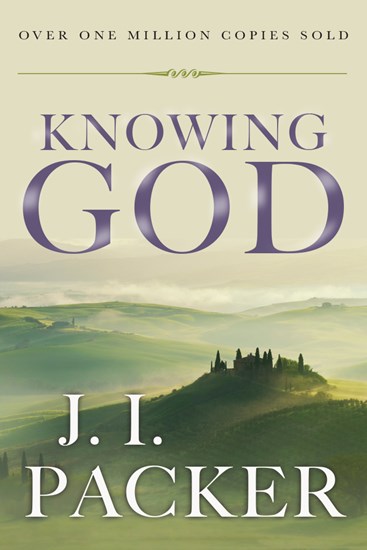
John 17.3 says eternal life is knowing God. Thus, it is inevitable for a disciple of Christ to want to know God. In the recent time though, there is a movement away from theology favoring experience, even sentimentalism. Knowing God guides the reader into avoiding the pitfall of throwing away theology over experience or the pitfall of pursuing theology without the heart and the will. If I would describe this book in a single phrase, it would have to be a devotional systematic theology book.3 Particularly significant for me is J. I. Packer’s treatment of providence in Ecclesiastes, which I have read at least three times. The most important statement I got from it is a summary of the gospel: adoption through propitiation. No idea what propitiation is? Read the book, haha.
5. Desiring God: Meditations of a Christian Hedonist, John Piper
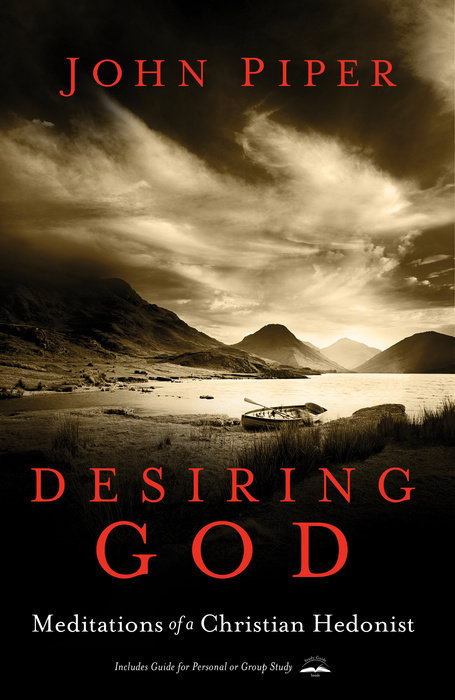
Even from the name of the book alone, high expectations can be made already. After all, it has the same name with John Piper’s ministry, Desiring God. In this book, I am introduced with the distinctive theology of John Piper, Christian hedonism. It can be summarized by his famous quote, “God is most glorified in us when we are most satisfied in him.” On a personal level, this book is life-changing. The Apostle Paul says, if Christ’s resurrection is not true, our faith is in vain (1 Corinthians 15.14). Desiring God encouraged me then to live a life that an unbeliever would deem to be wasted. That is because I would have spent my life for the kingdom of God and that would not have made sense to them. Well at least that’s the goal. I hope by God’s grace it will happen. My only complaint in this book is that it spoiled the meatiest parts of C. S. Lewis’ Reflections on Psalms and The Weight of Glory. Haha.
4. The Holiness of God, R. C. Sproul4
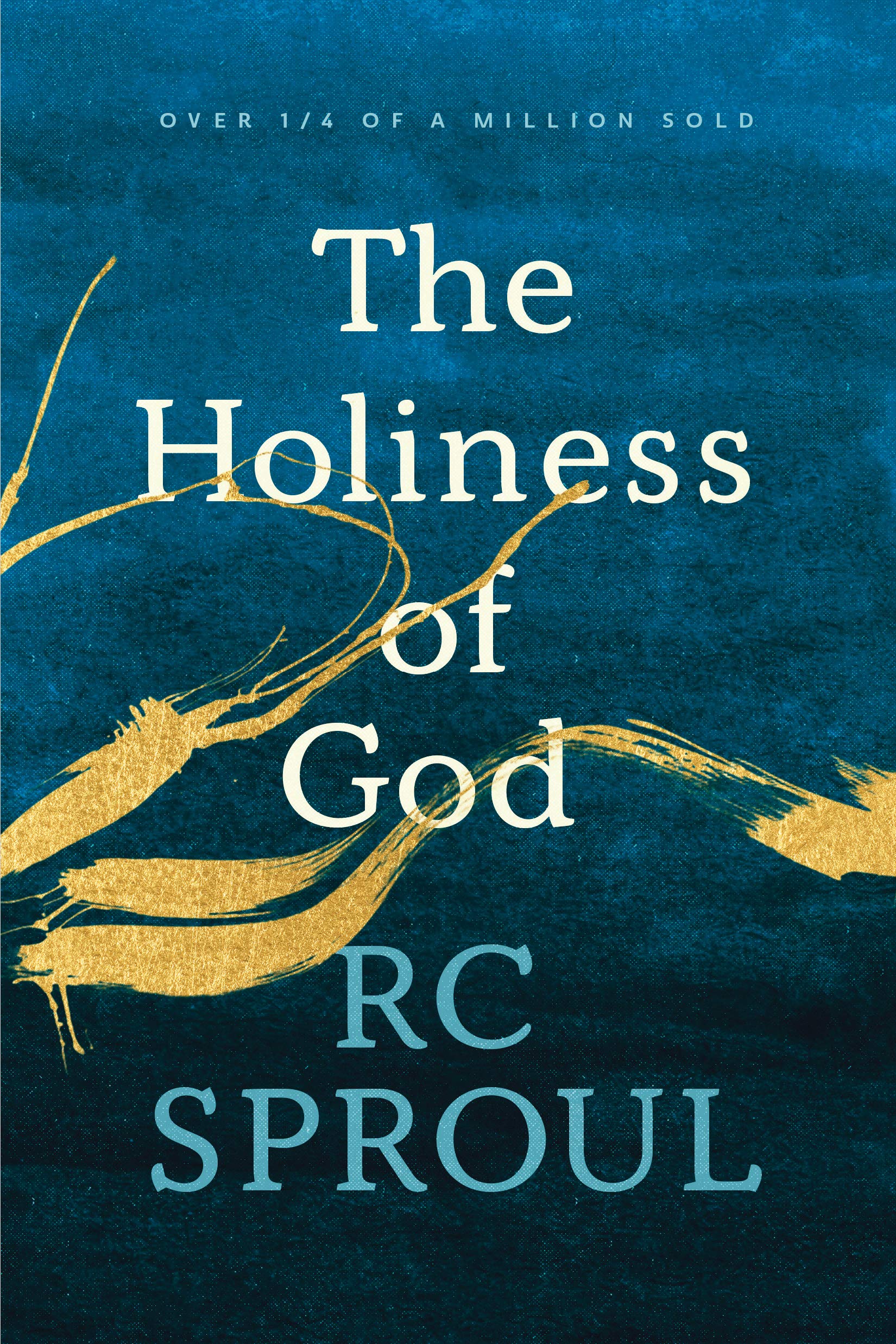
It seems to me that in every generation, there is a pendulum that swings between the treatment of the church of God’s transcendence and his immanence. Moreover, it appears that in our time, there is an emphasis on God being personal, on him loving people like us. Of course, that’s correct. But we also have to understand that this God is a holy, pure, just and wrathful God. He does not let sin go unpunished. This is the bottom line of The Holiness of God. R. C. Sproul expounds on God’s attribute of holiness, seeing its permeance throughout the Bible, even the New Testament. Especially significant for me is his treatment of Isaiah 6, where the prophet encounters the Lord Jesus on the throne. Another one is his narration of the insanity of Martin Luther, the reformer who understood the demands of the law of God well. This book has been consistently in the top recommended books of Christian leaders across different denominations.
3. Prayer: Experiencing Awe and Intimacy with God, Timothy Keller

Elsewhere I have reviewed Prayer so I will not take much space here. But let me say in brief that I put it in the Top 3 because it has been transformative in my practice of prayer. Tim Keller made an excellent research of key theologians’ personal practice. Personally though I would have wanted to read more original content. Nevertheless, I recommend this book to anyone who would like to develop a rich, biblical prayer life.
2. Of The Mortification of Sin in Believers, John Owen5

I have acquired a number of John Owen books, but this is the first that I finished one since it is relatively short. As Sinclair Ferguson said, when you read John Owen, you wonder why you spend time reading lesser things. I find this to be true. I would have to say that John Owen’s treatment of any subject is tedious and exhaustive. Of the Mortification of Sin in Believers, I think, is the standard book in overcoming sin, yet the reader should not expect instant sanctification after reading it. ‘Instant sanctification’ in itself is an oxymoron because sanctification is lifetime. Nevertheless, this book sifts through your heart and challenges the reader’s unbiblical notions in fighting sin. One of the gems I learned from it is that the help of the Holy Spirit is necessary for sanctification. Even if there is a moral transformation, if not done by the Holy Spirit, it still is not sanctification. I should have put this in the Top 1 if only it was easy to read. That’s the downside with any John Owen book. It’s like you have to mine well in his archaic diction before obtaining the gems. Therefore, I would only recommend this book to people who are exposed to reading old books. Otherwise, I would rather recommend the Top 1 in this list.
Honorable Mentions
Before I finish the list, let me share some honorable mentions:
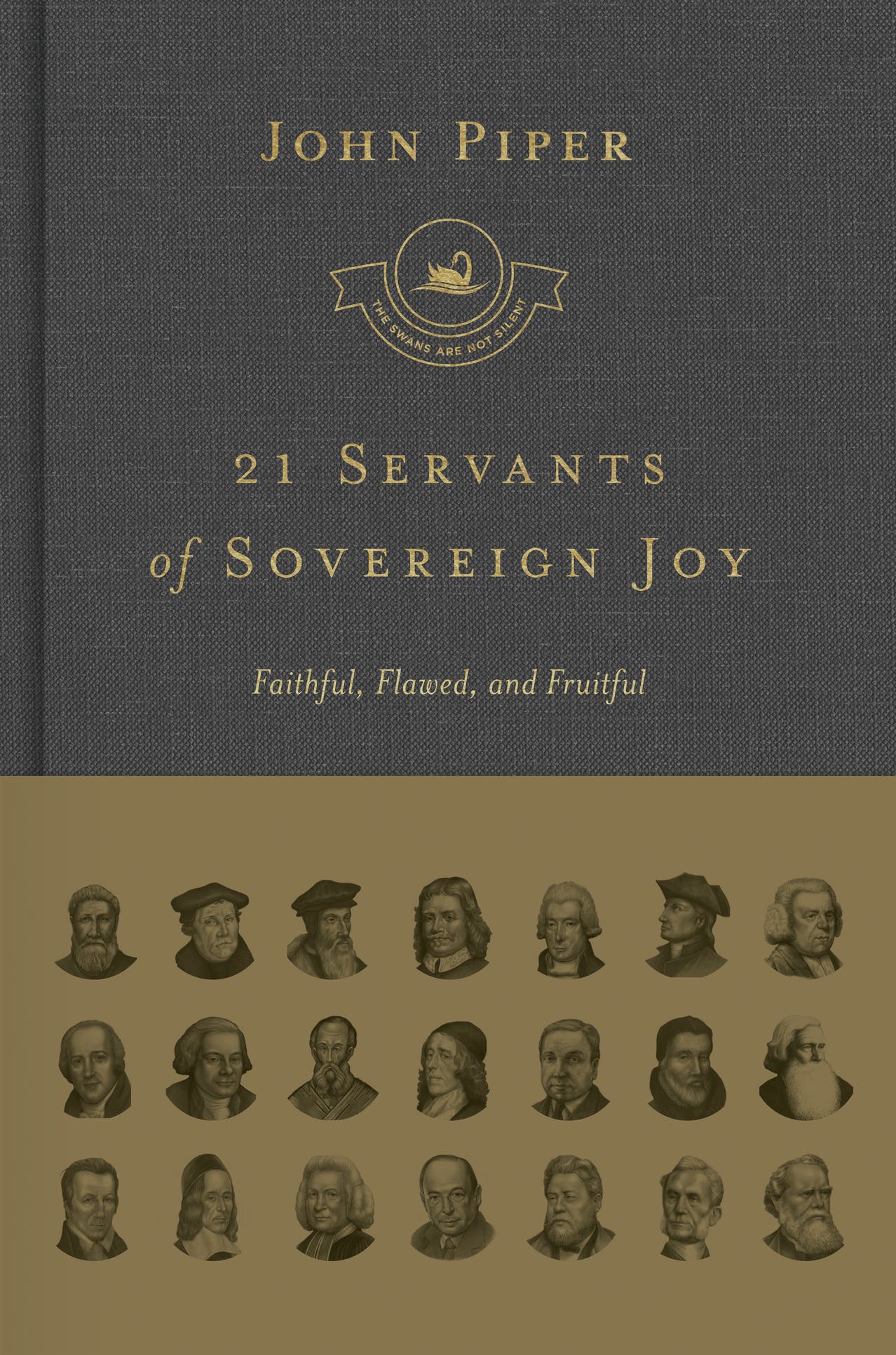
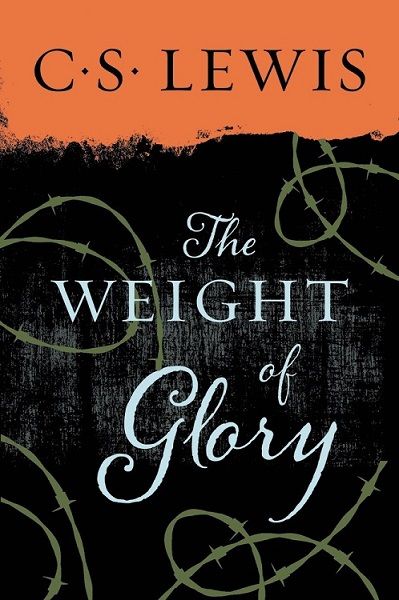
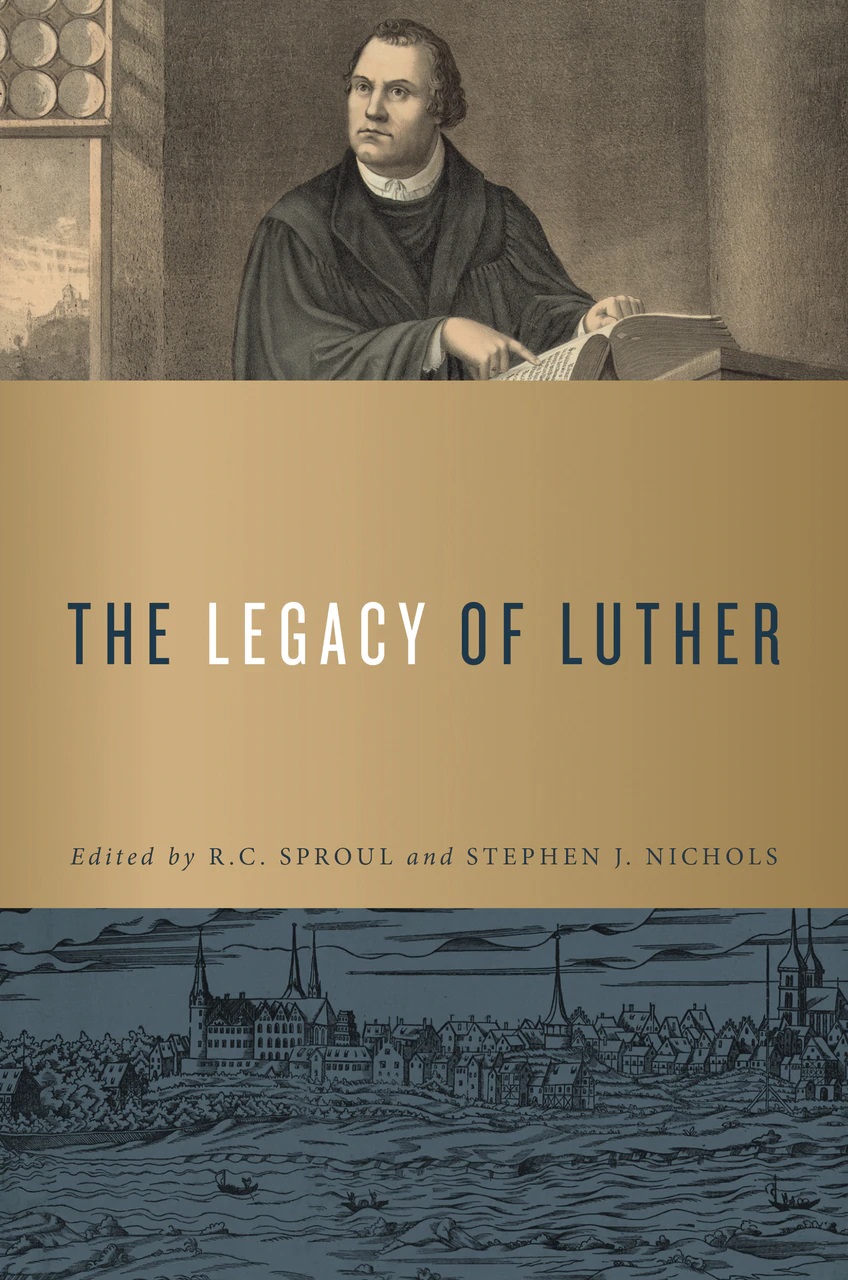
21 Servants of Sovereign Joy, John Piper. This is an excellent collection of biographies that are very edifying. I did not put it in the list simply because I haven’t finished reading it yet, though I think I’m more than half already. It’s very long after all since it is a collection of seven smaller books. The subject of the biographies include prominent saints such as Augustine, Martin Luther, John Calvin, Charles Spurgeon and C. S. Lewis.
The Weight of Glory, C. S. Lewis. This book is a collection of Lewis’ addresses. The first one, from which the book was named, is a beautiful piece which as I have mentioned earlier Piper quoted at length in his book Desiring God. The other addresses are not that strong, but thoughtful still.
The Legacy of Luther, R. C. Sproul & Stephen J. Nichols. Few evangelicals know their history to our demise. This book is a collection of essays from modern theologians about the Reformer who is far from perfect but whom God used to recover the gospel in the church during the Reformation.
1. Future Grace: The Purifying Power of the Promises of God, John Piper
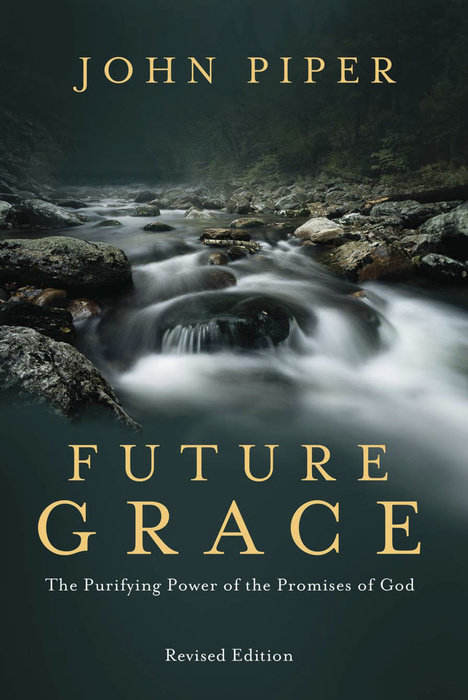
I have yet to read a so-so book from Piper, but this book is on an entirely different level. The thesis of the book is simple: All sins at its core is unbelief, and therefore the proper way to combat any sin is to put faith in God’s ‘future’ grace. While God’s grace has been given to us in salvation, it does not end there. It is continually available for his children, and we can access God’s promises through faith. What I love about Future Grace is it worked the implications of theology to our daily struggles such as anxiety, lust, bitterness, legalism and despondency. I would not claim that I’m entirely free from anxiety of the future, but God used this book to reveal to me the root of the struggle. I recommend this book to any Christian struggling with sin, which means every Christian. I’ll try to do a book review in the future.
If for some reason you are interested to know the rest of the books I’ve read this year, you can go to my Goodreads account.
Footnotes
-
Total Depravity, Unconditional Election, Limited Atonement, Irresistible Grace, Perseverance of the Saints. I have said elsewhere that I subscribe to Reformed soteriology. I have not yet studied Covenant Theology deeply, but I think the closest description of my overall conviction is Reformed Baptist. ↩
-
T of the TULIP. See Footnote #1. ↩
-
Systematic Theology is a branch of theology that tries to organize the contents of the Bible in a systematic manner, hence the name. Say you want to know all that the Bible says about sin, systematic theology is a good place to start. ↩
-
I bought my copy in the Book Depository, but they are not delivering to the Philippines as of the moment. So, I only provided the link to the free teaching series at Ligonier. I also watched this series before reading the book. The main content is the same, aside from additional chapters in the book. ↩
-
I read this from Crossway’s Overcoming Sin and Temptation, which is a trilogy of John Owen’s books on sin and temptation. ↩


Comments